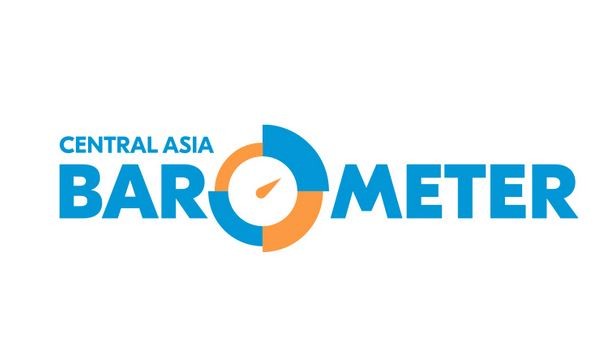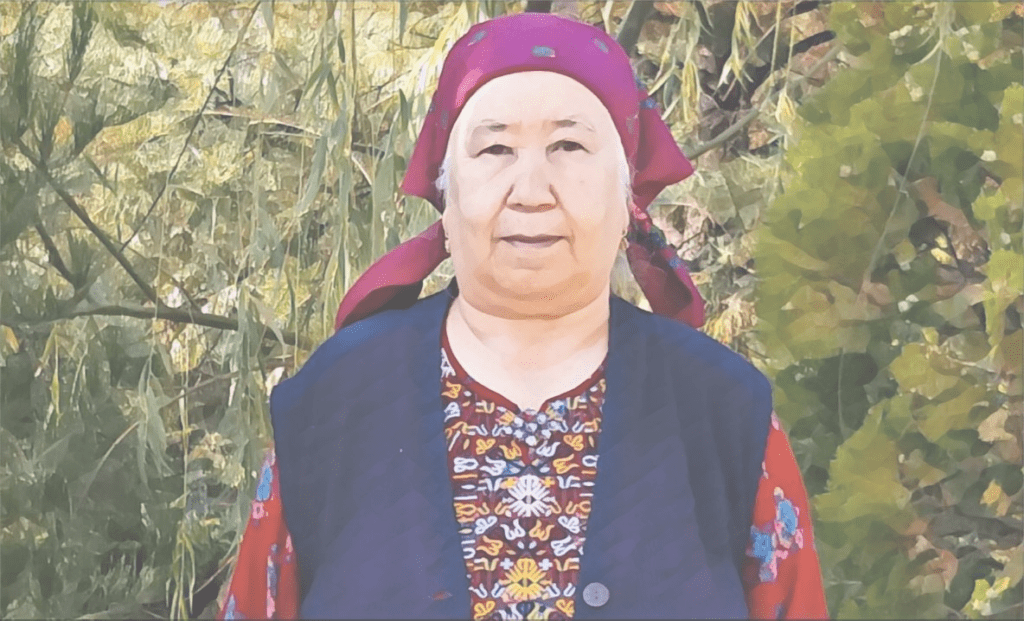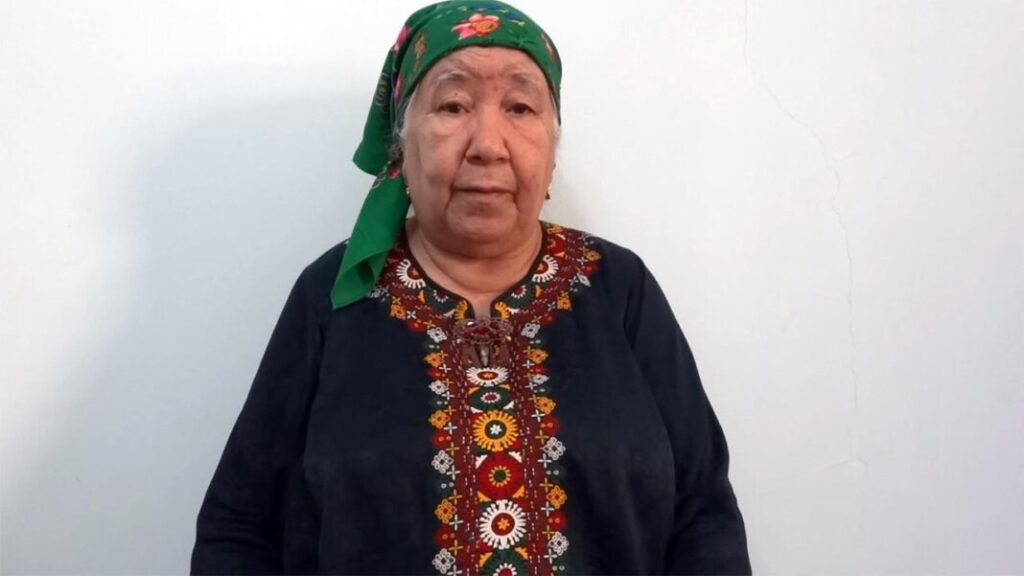Central Asia Barometer, a non-governmental group that surveys public opinion in Central Asia with the help of international partners, said on Monday that it faces insecurity and challenges to “academic freedom” and will temporarily suspend all operations on December 1.
“This long-planned decision is due to the growing insecurity and challenges in conducting ethical survey research in the region, which has significantly impacted our ability to continue our work,” Kasiet Ysmanova, director of the Central Asia Barometer, said in a statement. The group is based in Bishkek, Kyrgyzstan.
While Ysmanova did not go into details about the problems that the Central Asia Barometer was encountering, rights groups have long pointed out that advocates for freedom of expression and other democratic principles can face persecution in a region steeped in authoritarian traditions.
Earlier this year, Kyrgyzstan´s passage of a law tightening control over non-governmental organizations that receive foreign funding raised more concern about the erosion of such rights, though the government there alleges that some of the groups are corrupt and has urged international critics to stay out of its internal affairs. In April, the Open Society Foundations criticized the law as restrictive and ill-defined and said it was closing its national foundation in Kyrgyzstan.
Maximilian Hess, founder of Ementena Advisory, a political risk company based in London, said on X that the Central Asia Barometer was “long a valuable resource to researchers such as myself” and that its suspension of operations was a “very worrying development.”
The Central Asia Barometer says its mission is to provide data that helps institutions make informed decisions for the benefit of people in the region. Its website lists 18 partners, including the U.N. International Organization for Migration, Sunway University in Malaysia, the Friedrich Ebert Foundation in Germany and Abu Dhabi-based TRENDS Research & Advisory. American partners include D3 Systems, Inc. and the Central Asia Program at George Washington University.
The Central Asia polling group says it gets funding from research grants, paid subscriptions to survey data, omnibus surveys and contract work for research.
Last year, the Central Asia Barometer conducted research on attitudes in Central Asia toward Russia’s war in Ukraine, and Central Asian perceptions of Turkey and other countries. In addition, Ysmanova, the director, wrote an article about awareness in Central Asia of discrimination against labor migrants for a book about human rights in the region. The group has also surveyed people about the economy, the environment, public health and other issues.
The group said that it will maintain a small team to answer emails and other requests after ceasing operations on December 1.
“We hope that the situation regarding academic freedom in the region improves, allowing us to resume our activities in the future,” Ysmanova said.









